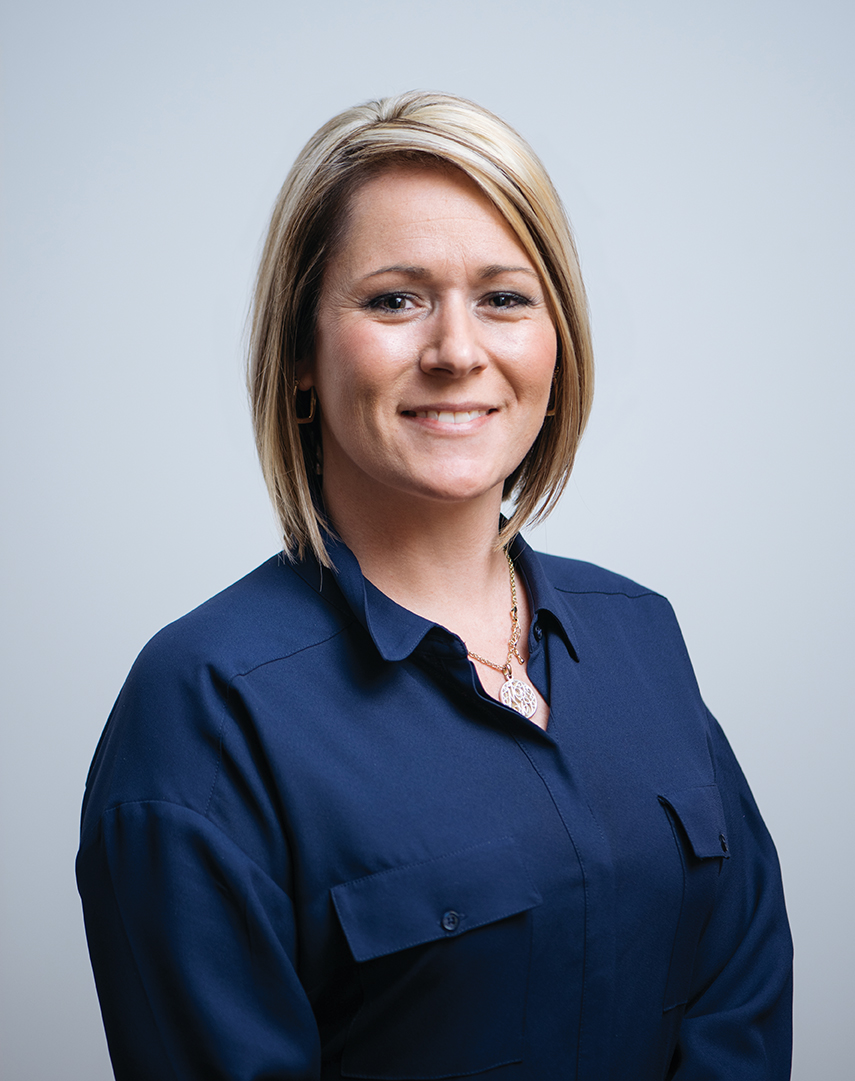Child-Proof Your Home
Written by Tammy Donoway, DO
The safety of children in the home is the No. 1 priority for parents. Visits to the primary care provider are an excellent opportunity to discuss home hazards, which aren’t only a concern in the child’s home but also when visiting relatives and friends.
Sharp objects should be kept in a safe location that is out of reach. Knives, forks, scissors, and other objects should be kept in a drawer and drawer locks should be used. Parents should also remember that any appliances that have sharp blades as well as glassware are also hazardous and should be kept out of reach of the child. These cabinets should also be locked.
One of the most common hazards in the home are choking hazards, which include small objects that the child may put in their mouth such as Legos, magnets, and even small batteries. These can be very erosive to the gut and are difficult to detect if the child is asymptomatic. Parents should also be aware that some of the most common choking incidents are due to foods such as grapes and hotdogs. Food should be cut into small bites to prevent this.
Stairs and windows pose a very dangerous hazard for children. Falls down the stairs can cause head injuries and are the reason for many visits to the Emergency Department every year. Safety gates that are installed properly should be used. Be sure the child cannot open them. They need to be latched properly to be fully effective. Windows should be kept closed and locked to prevent falls from second stories and through screens.
There can be many electrical hazards in the home. Most commonly, electrical outlets can be a hazard. They should be child proofed with outlet covers. This will prevent the child from inserting anything into the outlets.
I’m sure we all remember the days when Mr. Yuck stickers were put on dangerous chemicals under the sink. Mr. Yuck is not sufficient any longer; parents really need to take more precaution by locking these chemicals in a cabinet that is out of reach. This also includes laundry detergent and anything that comes in a ‘pod.’ These often look like candy to children and they can ingest them thinking that they are candy.

If your family is going to have an outdoor bonfire, it is important that the children know how to be safe around fires. They should know, “STOP, DROP and ROLL.” Adults should always supervise children around the fire and should never leave them unattended. There should be water nearby before building the campfire, and children should wear clothes that fit snug and no open-toed shoes.
If there is an outdoor pool at the home, this can pose a very dangerous risk. The pool should be locked and there should be a fence that is at least 4 feet tall and a gate that closes and locks. Use alarms for the pool and gate to alert you if your child enters. Parents need to always watch their children. This is one of the most common reasons for pool accidents. If the child is ever missing, parents should always check the pool first. Drowning is one of the leading causes of death in children, particularly in homes where there are outdoor pools.
Pools are not the only water hazard in the home. Hot water and bathtubs are a concern. Hot water heaters should not be above 120 degrees to prevent burns to both toddlers and children. Children should never be left unattended in the bathtub and the water should not be filled more than 2 inches for a baby, 4-5 inches for a toddler. As the child grows, more water is acceptable, however, any bathtub filled halfway is deep enough for any child to drown.
A hazard that parents do not often think about is pets; parents should never leave their young children unsupervised with an animal. They should teach their child to never approach the animal when they are eating, sleeping, or playing/chewing their toys. They should be taught to pet their animals gently and not pull or tug them.
These are just a few hazards in the home. Parents should consider these and discuss any concerns or questions with the child’s primary care provider.
Dr. Tammy Donoway is a primary care physician at TidalHealth Primary Care, located at 9950 Main St. in Berlin.
To make an appointment, call 410-912-6710
or take advantage of online scheduling at tidalhealth.org.

